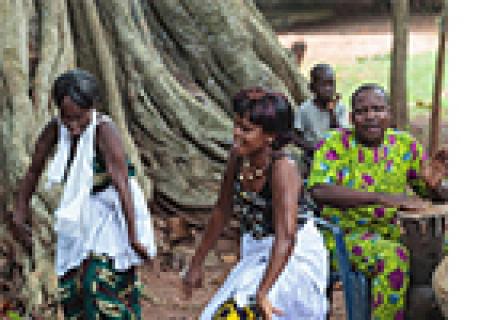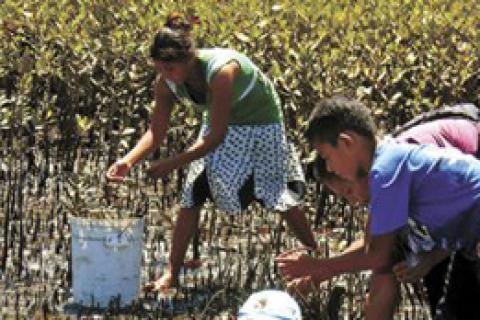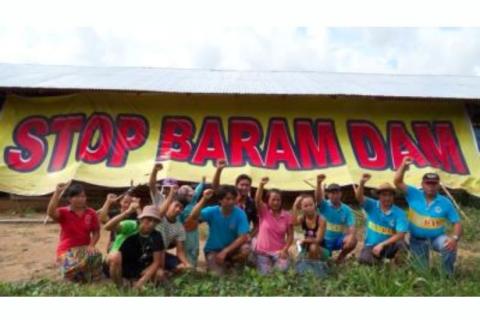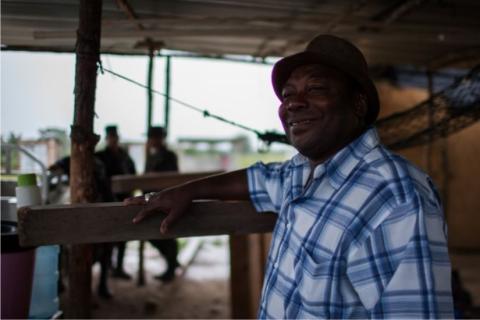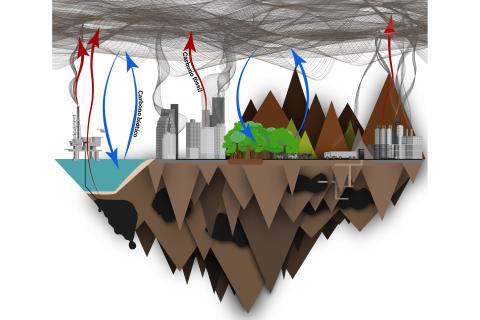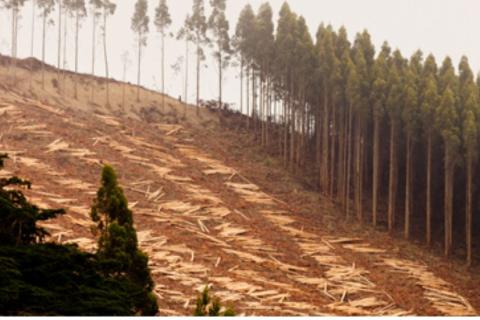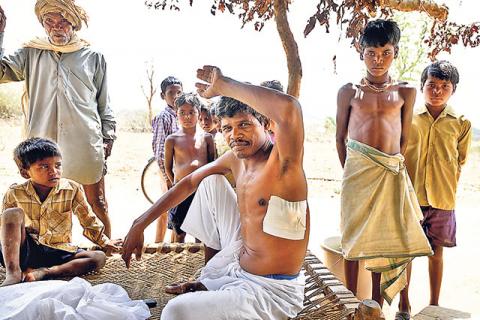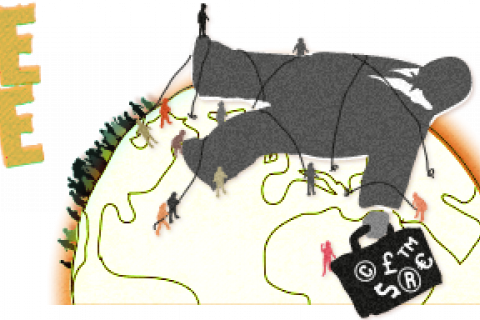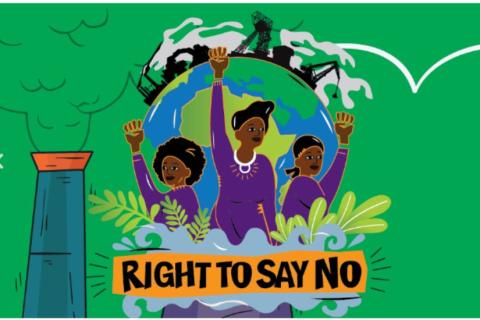Although growing international recognition of forests’ role on food sovereignty for forest-dependant populations, large amounts of medicinal and highly nutritious plants are disappearing due to deforestation. This is the case of Benin, where 12% of the households have lost food sovereignty, 38% of medicinal plants have vanished and malnourishment is prevalent.
Other information
Since 2004, through the International ‘Redmanglar’ (Mangrove Network) - which brings together communities, organizations, academics, scientists and activists concerned with the defense of the mangrove forests - every 26th of July mangroves are celebrated by recalling their importance as a source of life, protection and support for coastal towns and communities, and their identity as a territory, traditions and cultures associated to them.
The construction of three mega dams in Malaysia has displaced tens of thousands of people and forced them into resettlement areas. A stunning video from The Borneo Project shows a rather terrible reality, where current plans to construct twelve additional dams in the region of Sarawak will displace many thousands more.
Along the Atlantic coast of Honduras, Afro-Caribbean Garifuna communities are being threatened and forced from their land by proposals for the creation of mega-tourism projects and corporate-run cities, often known as “model cities,” as well as the expanding interests of narco-traffickers and oil palm plantations to invade and use their territories. Faced with evictions, the Garifuna communities have decided to dedicate themselves to non-violent resistance in defense of their territory.
What does "net" means for the World Bank? An article in the Mexican newspaper "La Jornada" warns about the problem of so-called "zero net emissions", a concept strongly emphasized in a recent World Bank report.
Last April, the commercial use of GE eucalyptus trees was approved in Brazil, despite the strong local resistance and evidence of GE eucalyptus trees intensifying industrial plantations’ impacts. This is the first approval of GE trees in Latin America. The application came from FuturaGene, a subsidiary of pulp and paper company Suzano.
Aklu Chero, a tribal leader protesting the construction of the dam, was shot at by the police on April 15. (Vipin Kumar/ HT Photos)
Press Release
July 10, 2015, Geneva – Dozens of organizations and social movements mobilized this week in Geneva to send a strong message to the United Nations Human Rights Council, to urge them to take action against corporate impunity. The negotiation of a binding instrument on Transnational Corporations (TNCs) and Human Rights is an unmatched opportunity to provide access to justice to victims of corporate human rights abuses.
Coal kills people. Coal destroys health and communities’ well being. Coal devastates land, water and ecosystems and Coal is destroying our planet. These are the conclusions of the “Women stand their ground against Big Coal” meeting that took place in Johannesburg, South Africa, on January 2015.
The “Weaving Resistances” project, from the Organization "Democracy and Global Transformation Program" in Peru, shares three videos that are testimony to a constant and courageous struggle of, especially, women from the provinces of Celendin, Bambamarca and Cajamarca in Peru's northern highlands.
A recently released documentary exposing the world's largest iron ore mining project shows the life of the communities impacted by the “Programa Grande Carajás” (Great Carajás Programme), located in the Brazilian states of Maranhão and Pará. In this region, people affected by mining projects are supported by the Justice on Rails Network, a coalition of impacted communities, organizations, pastoral groups, social movements and academic research groups seeking environmental justice in northern Brazil.
A database called “From Money to Metals” gathers data on commercial and private institutions that aim to profit from mineral extraction and processing. The database examines the background, investment and management strategies of some 900 banks, private funders, insurance companies, hedge funds and private equity firms, as well as some individuals, that have provided financial stimulus to numerous mining companies.
